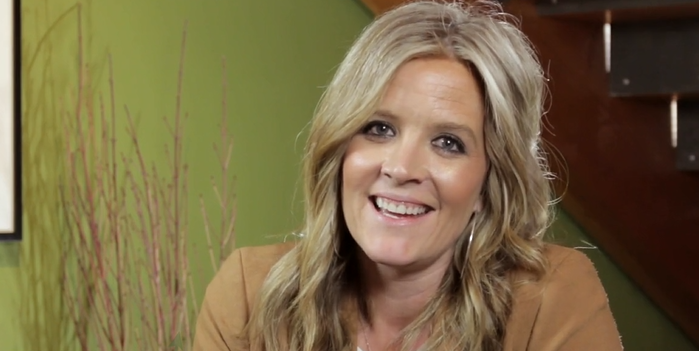Wealth | Business | Finance | Life. Connect with us today and learn more about joining our community.
Disclaimer: The information shared here should not be taken as financial or investment advice.
Investing is so much harder right now, so if you’re feeling like you’re doing fewer deals, it’s probably because you should be. But it doesn’t mean that there aren’t deals out there; it’s just that we are in a new real estate landscape, and when it comes to investing, we have to remember that it’s a long term game.
This new real estate landscape is a result of what’s been going on in our economy; there are several economic factors that impact the housing market:
1. Inflation. Inflation impacts rent prices. The challenge in today’s market is that inflation is outpacing wage growth, which means it is more challenging to raise rents for the tenants. While the cost of living is increasing, a tenant’s wages and income may not be increasing to meet it.
2. High real estate values. Real estate values usually track with inflation. The problem with this is that we are currently experiencing a significant gap between housing prices and inflation; home prices have increased at a more rapid clip than inflation. Historically, what happens when there is a gap between real estate values and inflation, one of two things happens - 1) the market crashes back to the trend line, or 2) values will flat line for a period of time for inflation to catch up. As investors, we should be watching this very closely.
3. Interest rates. High interest rates caused a slowdown in transactions, and as investors, this means fewer deals available. We need consistent and more deal flow to have more investment opportunities.
4. Capitalization Rate. It is hard to get deals to make sense when higher interest rates exceed our capitalization rates or our profitability for an investment property.
5. Slowing economy. An economic slowdown affects people, jobs, and spending habits which in turn will have an effect on inflation.
6. Yield curve inversion. Banks’ borrowing and lending rates today are different than they would be in a normal market. There is little to no delta between the rates that banks are borrowing and lending.
The factors above are what make investing in real estate more difficult. The good thing here is that there hasn’t been a time in history when real estate didn’t go up in 10 years. That’s why having a long-term mindset around investment is key.
Here are six rules that to help you navigate today’s real estate investment market:
1. Do not buy for appreciation. Expecting that values will go up anytime soon is risky because no one knows for sure when they’ll go up or drop. Don’t invest in real estate with the sole intention being appreciation, instead focus on cash flow and your cap rate.
2. Be conservative in your underwriting assumptions. Be realistic about your income from rent and prepare for increasing expenses when investing in rental properties. One of the main reasons is that rent prices might be at their peak now as people have less money to spend. Usually, rents go up by 2% to 3% each year, but as of late, rents have increased 1% or stayed the same. When it comes to expenses, know that they are growing faster than rent right now. Electricity and water costs increase with inflation, same with labor and materials costs. We are also experiencing increased insurance premiums and property taxes. That being said, when planning your budget and finances related to your properties, remember that these expenses might go up in the future - you have to make sure to account for this.
You must also be mindful of vacant rental properties as this can hurt your revenue. If you haven’t calculated how a vacancy affects your earnings, I highly recommend running the numbers and mapping out a plan for how to extend existing leases and keep tenants in your properties.
3. Be cognizant of the strategy you choose. Carefully consider your investment strategy. For example, flipping houses is particularly risky right now. If the property doesn’t generate positive cash flow, or if prices drop unexpectedly, it’s crucial to have a plan B to avoid significant financial losses.
4. Be cautious of adjustable-rate debt. Rates will change in the coming years and it is not guaranteed that it is in a favorable direction. This means that if you’re considering a real estate investment, and will be financing the investment, make sure it would still be profitable even if you had to pay higher interest rates.
5. Do not buy anything you are not willing and able to hold for 5–10 years. Remember, investing in real estate is a long term game. This is especially important to remember as we navigate this current investment landscape. I do not recommend buying properties for short term holds if you potentially need the capital. Will you need the cash that is in the deal? If so, you may need to consider alternatives
6. Pay closer attention to the legislation that governs us as investors. As investors, we need to stay updated about government actions and new laws that could affect our investment.
As a final message to all real estate investors, and those who are planning on getting into real estate investing,
If you have any questions, send me an email.
Disclaimer: The information shared here should not be taken as financial or investment advice.









